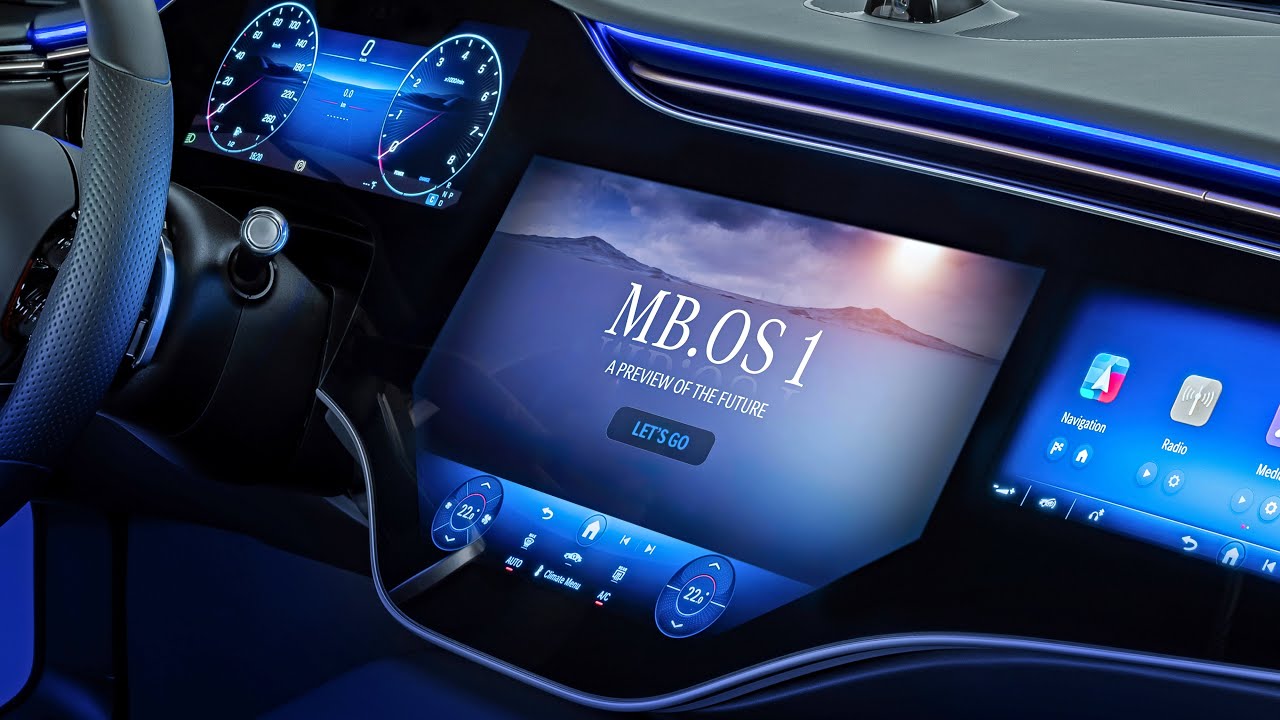
Por Contxto
January 16, 2024
GenAI technology is redefining in-car voice assistants, shifting from basic command-response functions to creating more dynamic, interactive experiences. This leap is evident in Mercedes-Benz’s latest MBUX Virtual Assistant, debuted at the 2024 CES. Powered by Mercedes-Benz Operating System (MB.OS), this assistant features generative AI, enabling natural, tailored interactions. On January 9, Mercedes-Benz highlighted the assistant’s four key attributes: natural, predictive, personal, and empathetic, reflecting a deeper understanding of driver needs and enhancing in-vehicle comfort.
Tesla is not far behind in this technological race. In China, Tesla replaced its standard voice command system with the Grok intelligent assistant, renowned for its ability to conduct meaningful conversations. This upgrade allows Tesla owners to personalize the assistant’s tone and style, adding a unique touch to each vehicle. Reports from Autoevolution indicate this feature will soon be available in the United States.
The trend towards smarter, more integrated voice technology in cars is backed by PYMNTS Intelligence research. Their study reveals that 65% of consumers used voice technology within the past year, with 15% utilizing it in their vehicles. This growing preference underlines the significant role voice technology plays in shaping modern driving experiences.
In summary, generative AI is transforming in-car voice assistants into essential, interactive tools for drivers. Mercedes-Benz’s MBUX and Tesla’s Grok are leading examples of this shift, offering personalized, intuitive interactions. As this technology evolves, it’s poised to redefine the relationship between drivers and their vehicles, making every journey more engaging and tailored.

Por Contxto
June 8, 2024

Por Contxto
June 6, 2024